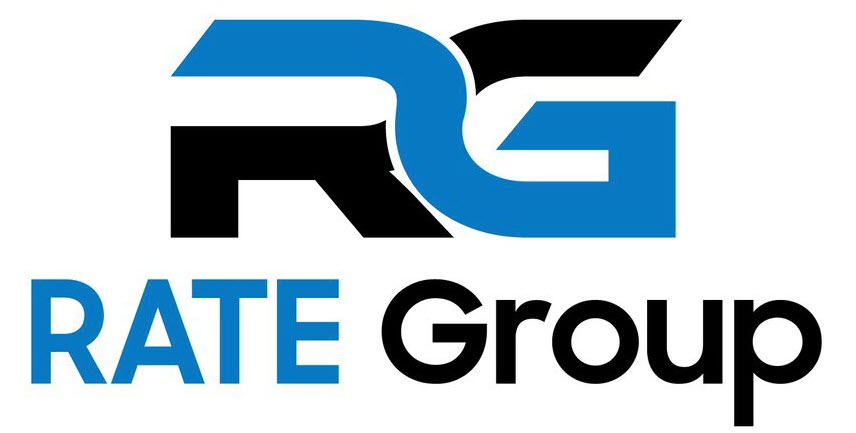28 Apr Ethereum Security Lead Martin Holst Swende Publishes Thoughts On EIP 210
[ad_1]
The security specialist published his thoughts on one of Ethereum’s currently prominent improvement proposals. His thoughts on the matter provide insight into some new features coming with the next hard fork, Constantinople.
Today, Ethereum security lead, Martin Swende, published the first entry of a series focusing on features that are being considered for the forthcoming Ethereum hard fork, Constantinople.
The series begins with a thorough analysis of EIP 210, which was authored by Vitalik Buterin and intended to address blockhash refactoring.
Blockhash refactoring allows newer blocks in a blockchain to link directly to much older ones, helping to increase connections between blocks. This helps to streamline light client proofs, allowing them to verify subchain “key blocks” instead of requiring light clients to verify an entire header chain.
Building from Buterin’s EIP, Swende explains how a blockhash refactoring update as part of Constantinople would be implemented via a…
[ad_2]
Article Source

